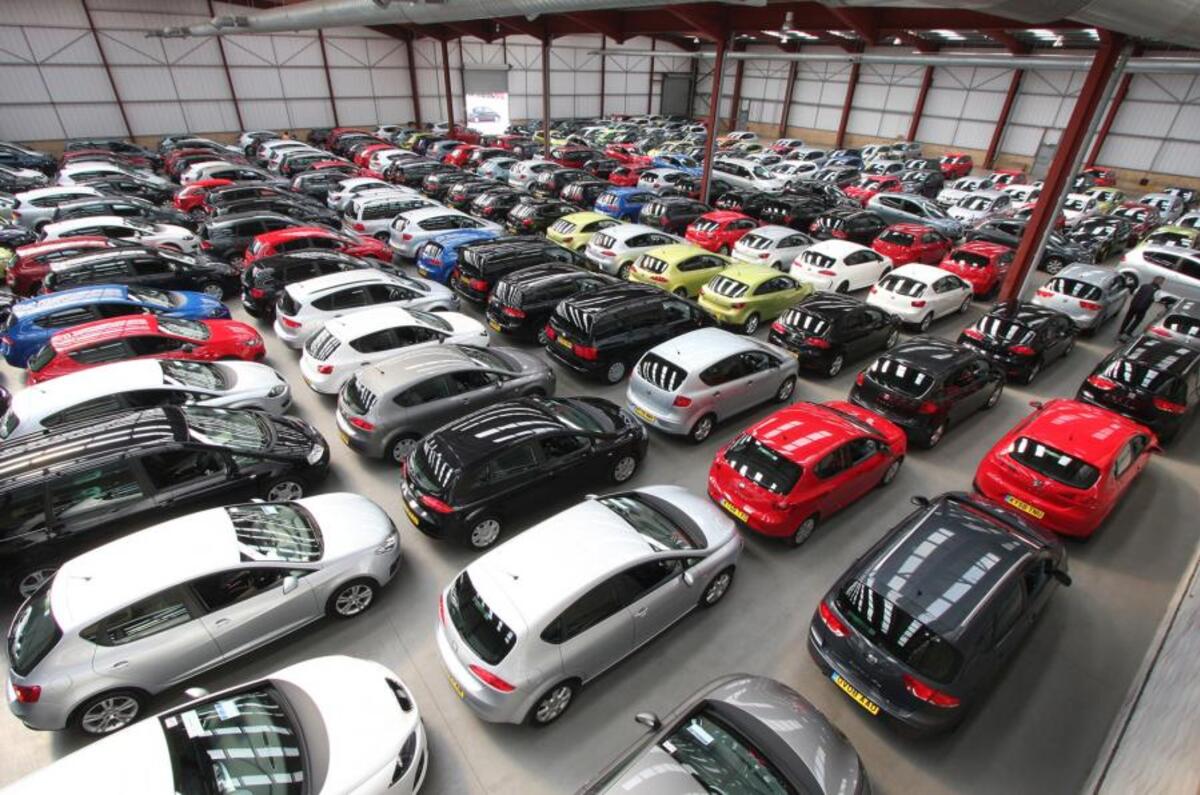The Consumer Electronics Show in Las Vegas hasn’t even officially opened yet, but already there’s a theme emerging from the vehicle manufacturers in attendance.
That theme is ownership, and specifically the changes being made to traditional ownership models. There are various takes on how the future will pan out, of course, but it boils down to this: in just a few years time, you won’t just be able to buy a new car, you’ll also be able to rent or lease a model depending on your needs.
Leading the charge on this front is Faraday Future, which revealed its FFZERO1 concept yesterday evening. Faraday has been rather coy about its business model, but comments made by company executives lead us to understand that a traditional vehicle purchase will only be a small part of Faraday’s offering.
The rest will come from an Uber-style service which will allow you to lease the car you want, when you want it. For many, that would mean a hatchback for commuting during the week and then a larger SUV for the weekend. The vehicles will all be electric, naturally, and based on Faraday’s VPA electric architecture.
It’s not just smaller players who have recognised a fundamental shift in our buying habits, either. Ford boss Mark Fields has said his company will begin to transition into new areas including future mobility, which includes car-sharing models and the flexible ownership of vehicles.
Ford’s own GoDrive car sharing service has already proven there’s a market for personal car rental in cities, and trials of a peer-to-peer sharing service which allows drivers to ‘rent’ their car when they’re not using it have been positive.
In the UK, car sharing has yet to gain any real traction. Manufacturers including BMW and Daimler have already launched car sharing schemes in London in recent years - meeting with mixed success. The newest venture, dubbed Bluecity, will feature around 3000 electric cars in the capital by 2019.
This on-demand ownership model has already had success in other industries, with companies such as Netflix and Amazon enjoying an ever-expanding market share for entertainment. It’s not surprising to see car makers start to behave more like technology companies, either, hence their increasing interest in events such as CES.
One factor pushing this shift is the speed at which technology giants can bring new products to market, now taking months instead of years. That means we could start to see more models launched at shorter intervals, giving consumers great choice not only on the cars they drive, but also with how they drive them.





Join the debate
Add your comment
Car leasing is a great
Get out of a car lease
Ownership changes
That's why Subaru does so well; high resale = low lease costs.
Duh.
Car sharing will also change the cars that are bought
The amount of utilisation of these cars is much higher than a privately owned car. One analyst report said that 'shared' car was replacing 10 private car purchases. So the volume change is going to be a massive issue. Cost of ownership will be much more important with car sharing firms much more interest in minimising time in for repair. Quality of materials - in terms of wear and tear - becomes more important and lots of the high margin options become less. It's a big change for the manufacturers.
It might also hit model choice another way. Here in Switzerland the national car sharing scheme has multiple different types of cars. So for the day you want a van to go to Ikea you get a van, for sunny days you can get a convertible etc. People don't need an 'all for one' solution when they can pick what meets their needs that day the best.